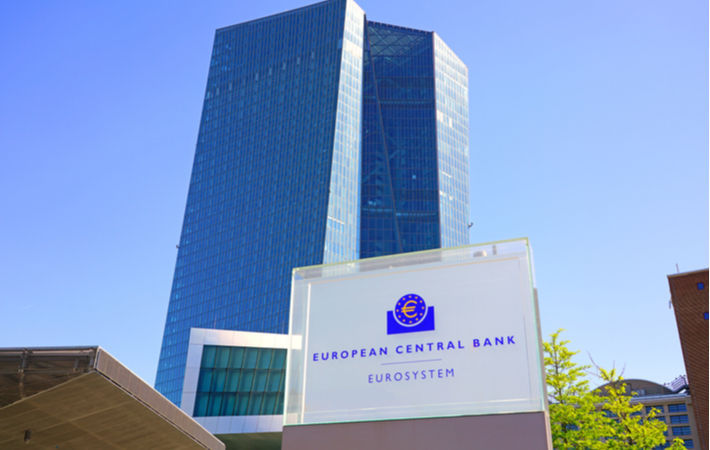The global economy is on a recovery path, although persisting supply bottlenecks, rising commodity prices and the emergence of the omicron variant of the novel coronavirus continue to weigh in on near-term growth prospects, according to the European Central Bank (ECB).
Recent surveys of economic activity suggest that growth momentum remained weak at the start of the fourth quarter, particularly in the manufacturing sector owing to the above-mentioned supply bottlenecks, whereas the services sector benefited from the reopening of large economies.
Compared with the previous projections, the growth outlook for the global economy in the December 2021 Eurosystem staff macroeconomic projections has been revised downwards for 2021, remained unchanged for 2022 and been revised upwards for 2023.
The global economy is on a recovery path, although persisting supply bottlenecks, rising commodity prices and the emergence of the omicron variant of the novel coronavirus continue to weigh in on near-term growth prospects, according to the European Central Bank. Recent surveys suggest that growth momentum remained weak at the start of the fourth quarter.
Global real gross domestic product (GDP) growth (excluding the euro area) is estimated to increase to 6 per cent in 2021, before slowing to 4.5 per cent in 2022, 3.9 per cent in 2023 and 3.7 per cent in 2024.
Euro area foreign demand is projected to expand by 8.9 per cent in 2021, 4 per cent in 2022, 4.3 per cent in 2023 and 3.9 per cent in 2024. However, foreign demand has been revised downwards for 2021 and 2022 compared with the previous projections.
This reflects the adverse impact of the ongoing supply bottlenecks on global imports. Supply bottlenecks are expected to start easing from the second quarter of 2022 and to fully unwind by 2023.
The export prices of euro area competitors have been revised upwards for 2021 and 2022 amid the confluence of higher commodity prices, supply bottlenecks and recovering demand.
The future course of the pandemic remains the key risk affecting the baseline projections for the global economy, ECB said in a release. Other risks to the growth outlook are judged to be tilted to the downside, whereas the balance of risks to global inflation is more uncertain.
The euro area economy continues to recover. Growth is moderating, but activity is expected to pick up again strongly in the course of this year.
The continued economic recovery is foreseen to be driven by robust domestic demand. The labour market is improving, with more people having jobs and fewer in job retention schemes.
Fibre2Fashion News Desk (DS)

:max_bytes(150000):strip_icc()/Health-GettyImages-1342980570-80531d9053c343799c89a6dbe9fcb768.jpg)



